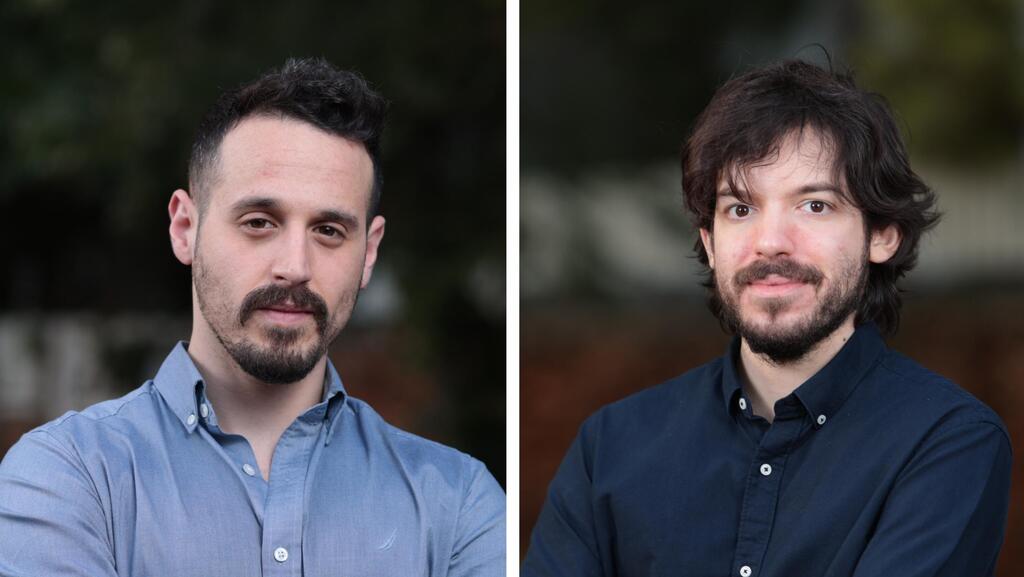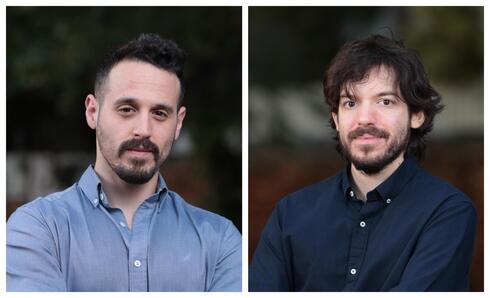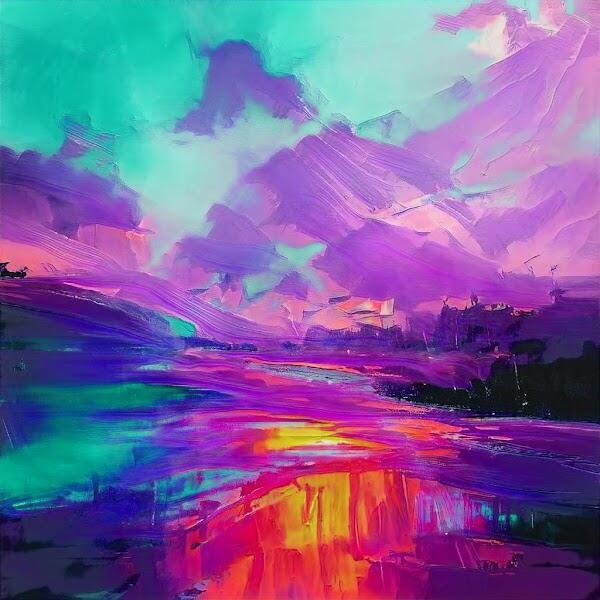
Boarding Pass
“As the metaverse economy develops and grows, the demand for NFT products will increase rapidly”
ART AI has raised $1.8 million for its ‘text-to-art’ generator using AI for NFT designs
“Our technology is used by digital artists and metaverse enthusiasts alike,” explained Ben Kovalis, Co-founder and CMO of ART AI and EpoLabs. “Our tools allow anyone to create novel art that was never seen before, from scratch, using artificial intelligence. Holders of our tokens receive free unlimited access to an AI they can use whenever they want to make art, even if they are physically incapable of holding a pen. To date, our various algorithms and easy-to-use interfaces were used to create over 2,000,000 different designs, by tens of thousands of different users.”
According to the company, the NFT market size was $41 billion in 2021. “As the metaverse economy develops and grows, the demand for NFT products will increase rapidly,” he explained,
You can learn more about the company and its founders below.
Company Name: ART AI
Sector: AI
Product/Service description:
An interface that allows users to create art, in seconds, using a "text-to-art" generator that uses AI to create new designs based on the users' texts. We used the interface to auction a 10k pieces NFT collection in which the users created their own NFTs. The project generated profits of millions of dollars in a few hours. Over 2 million designs have been created since then by the collection holders.
Founder Bios:
Ben Kovalis is a Co-founder and CMO of ART AI and EpoLabs - known for launching the popular "Eponym" NFT collection. Prior, Ben was a VP of Marketing & Sales in the Israeli high-tech sector, specializing in international operations. Alumni of both Google and Facebook tech startup programs, Ben focuses on popularizing AI-generative NFT art. Ben was featured on Forbes, Artnet, KUTV, and many more.
Eyal Fisher is a Co-Founder and the CEO at ART AI. Eyal was studying towards a Ph.D. at the University of Cambridge, working on the analysis of microscopy images. Prior, Eyal worked as a consultant in the AI field, working in digital health and bio-informatics. During Eyal’s military service, he served in an elite technological unit.
Year of Founding: 2019
Last Investment Round: $1,550,000
Last Investment Stage: Seed
Date of Last Investment: December 2020
Total investment to date: $1.8 million
Investors (leading and all): Rafi Gidron, among others
Current number of employees: 6
Open positions: N/A
Website:
https://www.art-ai.com/
Social Media:
https://twitter.com/EpoLabs
Interview:
How was the idea born?
The idea for the concept was largely inspired by the first-ever auction house sale of an AI-generated art piece called "Edmond de Belamy". The piece was sold for $432,000.
During these days of 2019, my partner Eyal Fisher was finishing his Ph.D. in Statistical Genomics at the University of Cambridge, and working a lot with image processing. When Eyal saw the Edmond de Belamy auction results, he was convinced that we could create a better algorithm to generate art of higher quality.
We wanted to create a startup through which we will generate and sell thousands of unique designs at an affordable price and popularize the concept. To develop those AI art algorithms, Eyal spent hours upon hours developing the deep AI technology since the company was founded. Algorithms got better and better as he went along.
In its first phase, ART AI was known by its eCommerce brand - "ART AI Gallery".
We created algorithms capable of generating art using artificial intelligence. We used this technology to sell 1-of-1 AI-generated art canvas prints to consumers from all over the world.
Nowadays, ART AI is mostly known for our metaverse brand "EpoLabs". Since October 2021, we have launched several web 3.0 projects, in which we made our AI generation tools public to allow anyone to generate art using text.
Other than collaborating with the biggest NFT artists in the NFT space, including "Pak", and even Paris Hilton, we launched three different NFT collections. The most popular collection called "Eponym", was traded for about $20 million since its launch. (We were branded as "Eponym" before rebranding to "EpoLabs". In January, we were also featured on "CTECH's Metaverse Startup Landscape" as "Eponym").
What is the need for the product?
Our technology is used by digital artists and metaverse enthusiasts alike. Our tools allow anyone to create novel art that was never seen before, from scratch, using artificial intelligence. Holders of our tokens receive free unlimited access to an AI they can use whenever they want to make art, even if they are physically incapable of holding a pen. To date, our various algorithms and easy-to-use interfaces were used to create over 2,000,000 different designs, by tens of thousands of different users.
Related articles:
How is it changing the market?
We allow many to become digital creators based on their artistic preferences even if they don’t have actual experience, or currently lack some of the necessary skills.
The biggest change we introduced was to the NFT market.
Our first collection, Eponym, followed by "EpoStory" and EpoHeroes", allowed users to create their own NFT, instead of collecting a random arbitrary design that was created by someone else. Eponym symbolized the beginning of what is today referred to as "AI-generative-NFTs".
Today, EpoLabs is ranked as the 55th most successful NFT collection under the popular "art" category. To create the most sought-after NFT collections that people will be more and more enthusiastic about.
How big is the market for the product and who are its main customers?
The NFT market size was $41 billion in 2021. As the metaverse economy develops and grows, the demand for NFT products will increase rapidly. The customers of today are deep tech innovation fans and early adopters. However, we see mass-market adoption coming soon. A group of great investors on our board backed us from the beginning of this market.
Does the product exist already? If not - at what stage is it and when is it expected to hit the market?
Indeed, our product exists and was used by tens of thousands.
ART AI's first website began generating income from the day of inception. Our product-market fit improved significantly after we created the NFT technologies, so we decided to focus on this area as a strategy. We might expect more opportunities in the coming years since we are only at the beginning of the Web 3.0 revolution.
Who are the main competitors in this sector and how big are they?
The NFT market is highly competitive, with new competition starting every day. Fortunately, we were able to establish EpoLabs as a leader in generative NFT art, and form connections with the NFT space leaders, with which we communicate daily.
What is the added value that the founders bring to the company and the product?
Ben Kovalis - Co-founder and CMO of ART AI and EpoLabs. I was previously the VP of Sales and Marketing at an Israeli fintech company, managing over 80 employees in five different countries, specializing in creating viral marketing content in different languages, and managing an international sales operation of online goods. Even though ART AI's services are quite different, my experience in international online sales and marketing helped greatly.
Eyal Fisher - a Co-Founder and the CEO at ART AI. Eyal was studing towards a Ph.D. at the University of Cambridge, working on the analysis of microscopy images. Eyal came up with the idea for the first algorithm behind ART AI, which led to the inception of the company. Prior, Eyal worked as a consultant in the AI field, working in digital health and bio-informatics. During Eyal’s military service, he served in an elite technological unit.
We founded the company together with Guy Haimovitz, who left the company at the end of 2021, just before we started our web 3.0 operation. Nowadays, Guy works as a developer for a high-tech company.
What will the money coming in from the round be used for?
Thanks to the recent success of our web 3.0 products, we are not looking for additional investments.
In the "Startup Boarding Pass"
section, CTech will cover the (relatively) small investments made in companies during the early stages of their existence - and the entrepreneurs and startups who have not yet had the opportunity to reveal their stories to the world. Please use the linked form
and fill it out according to the guidelines. This form
is intended for startups raising between $500,000 and $3 million from venture capital funds, angels, or official grants from Israeli and foreign institutions. If relevant, someone at CTech will be in touch for follow-up questions.

